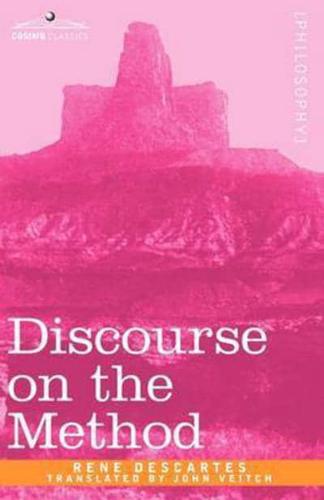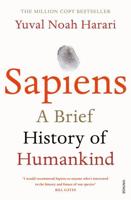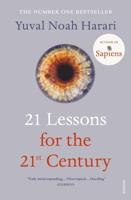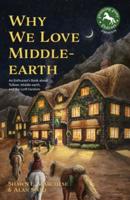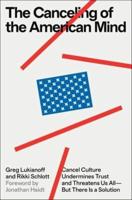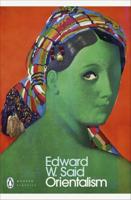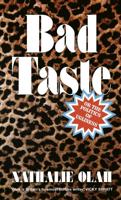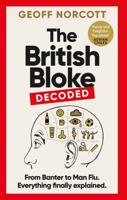Publisher's Synopsis
The long chains of simple and easy reasonings by means of which geometers are accustomed to reach the conclusions of their most difficult demonstrations, had led me to imagine that all things, the knowledge of which is competent to man, are mutually connected in the same way, and that there is nothing so far removed from us as to be beyond our reach, or so hidden that we cannot discover it, provided only we abstain from accepting the false for the true, and always preserve in our thoughts the order necessary for the deduction of one truth from another. --from Part II Sometimes called the father of modern philosophy, French mathematician, scientist, and writer RENE DESCARTES (1596-1650) continues to have a deeply profound impact on our modern world. His thinking on how the mind works and what is it capable of has profoundly impacted our understanding of ourselves--he summed up his philosophy with the phrase "I think, therefore I am," which still thrills us--and his influence extends to our own experiments with modern computing and artificial intelligence. This treatise on the value of doubt and skepticism when studying the natural world laid the foundation for the modern scientific method as we still employ it today, as well as the basis for modern philosophy. It is impossible to overstate how vital this work is to the entirety of human culture as it stands in the 21st century. Written in French and first published in 1637 under the full title Discourse on the Method of Rightly Conducting the Reason, and Seeking Truth in the Sciences, it is here presented in the 1901 edition of the 1850 English translation by Scottish poet, philosopher, and historian JOHN VEITCH (1829-1894).


